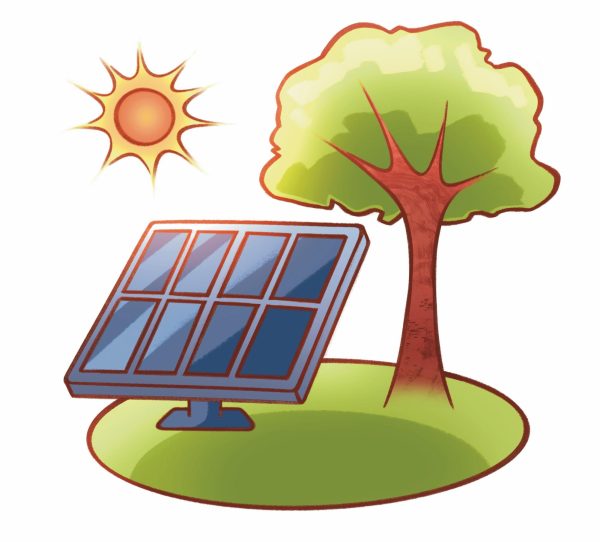Willow Project sparks environmental debate
May 10, 2023
Waves of shock passed through the nation as the Biden Administration approved the Willow Project on March 13. The monumental plan to increase oil production in Alaska has sparked renewed debate regarding the Biden Administration’s
stance on climate change and commitment to environmental conservation.
While proponents of the project argue that the construction of drilling sites, processing facilities and pipelines in Alaska’s North Slope region will increase employment and boost the local economy, critics caution that the project presents significant environmental and wildlife threats.
“A lot of people in Alaska support the project because it would provide jobs,” senior Andy Robinson said. “In Alaska’s economy, 85% of the revenues are oil revenues. That’s how the state government functions.”
According to AP Environmental Science Teacher Nicole Loomis, the project began as oil drilling leases granted by the Trump
Administration which were changed when Biden took office.
“The Biden administration scaled back what was originally proposed,” Loomis said. “It went from five drilling platforms to three, which will have a lower environmental impact in terms of the habitat destruction and the organisms that live in that region.”
Robinson, who first heard about the Willow Project one year ago when Mary Peltola became the first Alaska Native woman elected to Congress, said the project would be environmentally catastrophic, and the Biden Administration should not have
approved it.
“Alaska will probably, in the long term, lose money because of climate change, since it could destroy their other industries 500 years down the road, but people just don’t think about it,” Robinson said.
Robinson also said while the project will have short-term benefits, it will harm Alaska’s wildlife and native population.
“It will provide a lot of jobs because the state is so small, but it will have a big impact on various animal populations,” Robinson said. “(I know that) Alaska Natives live in very remote areas and many people hunt fish, so if the entire environment is destroyed because of oil, then they might not have sustainable food security.”
In order to mitigate the effects of oil production, junior Gautam Pilapakam believes the United States should reduce its reliance on fossil fuels to protect the environment.
“Fossil fuels help financially but lessen the reliability of foreign oil,” Pilapakam said. “We should try to shift to a renewable
energy source instead of approving more oil projects.”
Despite the promises made by the current administration to prioritize environmental conservation, Pilapakam said the approval of this project goes against those goals.
“It’s a step in the wrong direction,” Pilapakam said. “ I know (the Biden Administration has) promised certain things concerning the environment, but in this case, they’re sort of contradicting their own goal by approving the Willow Project, which will have negative consequences for the environment.”


















